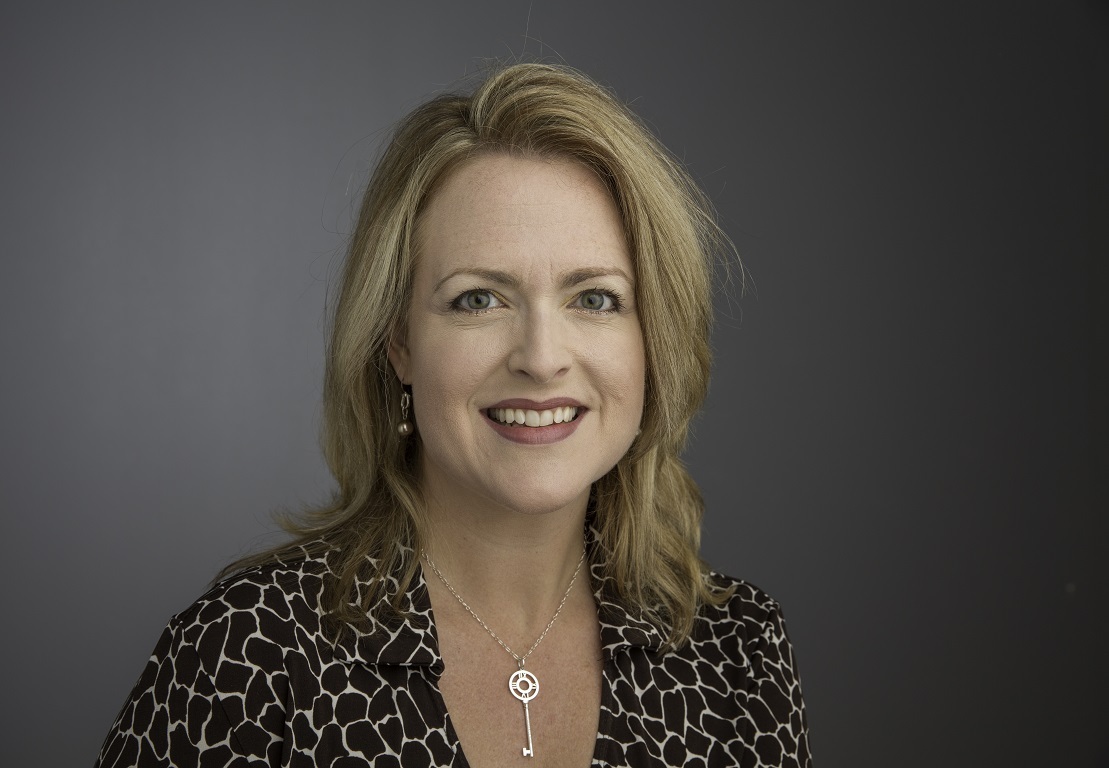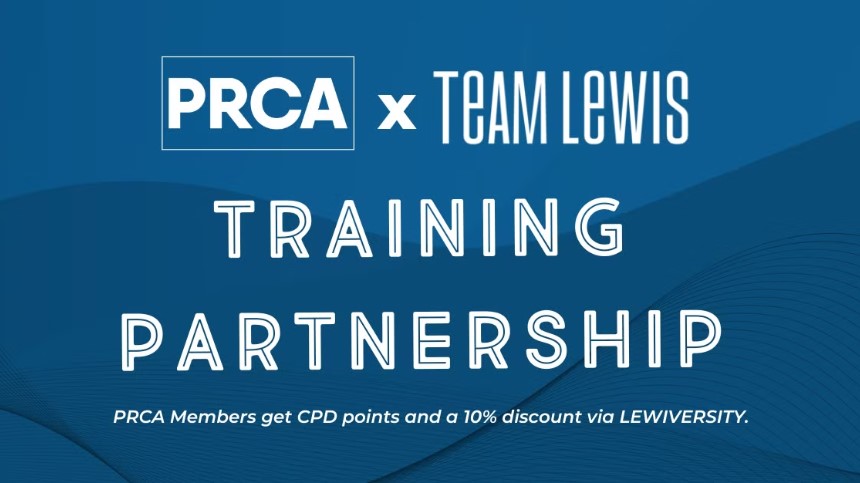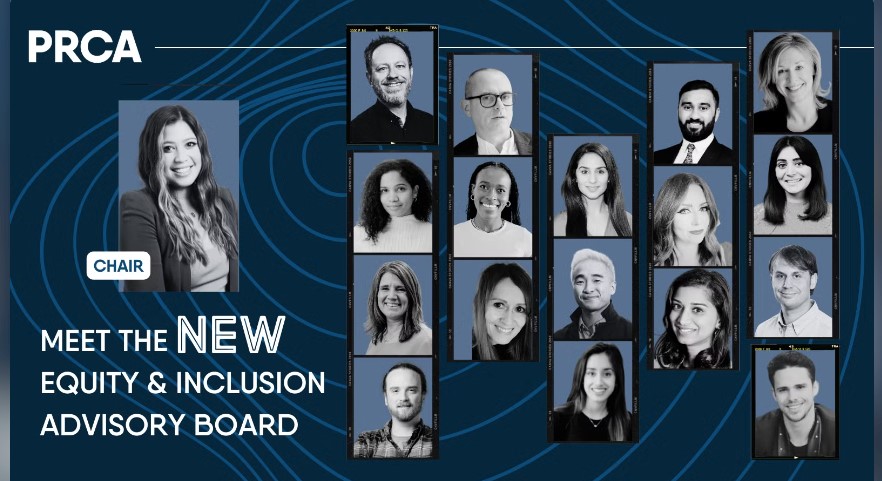Kicking off 2023, kudos are in order to New York University and public relations industry trade publication PRWeek, for co-sponsoring a U.S. PR practitioner study rendering the Jan. 12 headline, “Is PR too liberal for its own good?”
PRWeek included in its sub-head, “A study conducted by NYU in partnership with PRWeek suggests PR pros’ political and social beliefs are out of sync with the general public, leading to poor client counsel.”
For years, the intensifying call for Diversity & Inclusion in PR has been valid and much-needed – yet ironically, rarely does the conversation about D&I *include* the sub-category of considering people’s political / ideological differences and treating all with respect, non-censorship and non-retaliation amid the full spectrum of PR campaign strategy, engagement in brand conversations, and social-platform exchanges.
And that’s a problem.
After all, a key rationale for stronger D&I representation within the PR workforce has been to help companies and organisations craft more relevant communications and effective brand relationships, through better understanding, sensitivity, and respect for all diverse stakeholders as representative of the larger societal publics we serve.
Arguably, there is no context more rife with lack of civil communications and a dearth of mutual respect than political and ideological issues, headlong into which – again, ironically (at least to me) – a bewildering number of global and boutique PR firms are ushering their clients to dive, even though numerous PR agency studies note significant risks and downsides for doing so (if you actually read their full studies and not just cherrypicked news releases).
Not surprisingly, many negative and even crisis-laden consequences have ensued with politically one-sided counsel, which anyone with common sense could have foreseen.
NYU’s study (which can be downloaded here) noted eye-popping stats among respondents:
1. “PR practitioners of all ages are far more likely to self-identify as ‘progressive’ (68%) than the general US population (26%) and far less likely to identify as ‘conservative’ (7%) than the US population (34%).”
2. “The greatest gap between PR professionals and the general population is on social issues where 45% of professionals said they were ‘very’ progressive (5 on a 5-point scale), while only 14% of (the) general population identified this way.”
These stats remind me of the long-documented left-leaning political skew of U.S. journalism and newsrooms – a factor that has been documented in other nations as well – and its deep impact on societal divisiveness and discord.
Appealing to common sense, just think about it:
If an entire segment of the population feels they’re unjustifiably muted-out, censored or grossly misrepresented in having their concerns accurately included in news media coverage and editorial conversations – and in the case of U.S. citizens who lean right on politics, we’re talking nearly 50% here – then you’re going to have major societal divisiveness and discord.
And that’s precisely what we’re confronted with – both here in the U.S. and certainly abroad as well, in nations facing similar dynamics.
Yet too many comms-sector people – whether from the journalism ranks or in PR – remain stubbornly blasé, all the while hand-wringing and clutching their pearls about how “uncivil” public discourse is nowadays, even though they’re likely part of the problem.
For example, a 2020 study published in Science Advances declared, “There is no liberal media bias in which news stories political journalists cover,” yet this same study documented that “Consistent with previous surveys of journalists, we find that a majority of surveyed journalists…do have ideological leanings and preferences” – to the tune of 78% self-identifying as “Liberal” or “Democrat” and only 22% self-identifying as “Conservative” or “Republican.”
For anyone who identifies as moderate-conservative (such as myself) or conservative, the gaslighting was duly noted – particularly when you overlay this little gem:
Pew Research conducted a study in February 2022 on the topic of “bothsideism” – in which “a little more than half of the journalists surveyed (55%) say that every side does not always deserve equal coverage in the news. By contrast, 22% of Americans overall say the same, whereas about three-quarters (76%) say journalists should always strive to give all sides equal coverage.”
Pew also documented that “Republicans and independents who lean to the Republican Party are considerably more likely than Democrats and Democratic leaners to say journalists should always strive to give every side equal coverage (87% vs. 68%, respectively).”
To me, it’s interesting that in the Pew study, more right-leaners simply seem – as per the data – to want news media to give diverse views – even those with which they may not agree – fair treatment via equal-time / voice. .
Is mere fairness so wrong?
“Fairness” is a supposed value touted in numerous PR industry and journalism ethics codes worldwide – so one would think a serious follow-on industry chat about what constitutes authentic “fairness” is in order.
Speaking of which, kudos also are due for the NYU / PRWeek study having included issues of ethics in its newly released study.
The report documented these sobering under-performance stats on matters of PR industry “ethics” and “respect”:
1. “When PR practitioners were asked whether people in general view the PR profession as ethical, 45% rate PR as only a 1 or 2 on a five-point scale (1 = ‘not at all ethical’).
1. “Only 0.6% believe the public thinks the PR profession is ‘extremely’ ethical.
2. “Similarly, PR professionals do not think people value PR very highly. A full 57% rate PR as only a 1 or a 2 on a five-point scale (1 = ‘not at all valued’).
1. “Younger practitioners (20-29) are just as likely as older practitioners (30+) to feel that the profession is not highly valued by others.
2. “PR practitioners feel somewhat respected by people in general, but 48% still only rate respect as a 1 or 2 (1 = ‘not at all respected’).”
The brilliance of the NYU / PRWeek study is that it dovetails the issue of the U.S. PR industry workforce’s political / ideological (non)diversity with notions about whether we are perceived as ethical or respected.
Without question – all of this stuff is completely interrelated.
And as an industry, we need to get smarter about addressing the complexities of it as such.
Claiming that our industry’s lop-sided political skew isn’t relevant or doesn’t matter is a status-quo posture that will only produce more of the same on our perceived ethics/respect trajectory – and the latter is simply bad for business, any way you slice it or dice it.
If our industry can substantively evolve in this arena, then we just might crack the code toward our industry being a far more respected voice in c-suites, in boardrooms, and in responsive sync with the pulse of larger society… as opposed to perceived by many (as in, half a nation’s population) as politically knee-jerk, agenda-driven, and as lining our own pockets by purveying counsel irrespective of whether it’s actually good or bad for achieving clients’ stakeholder trust.
Mary Beth West, FPRCA, is a senior strategist with Fletcher Marketing PR in the U.S. She can be followed on Twitter, @marybethwest.
Blog Details
Written by:
Mary Beth West, PRCA Global Ethics Council Co-Chair


